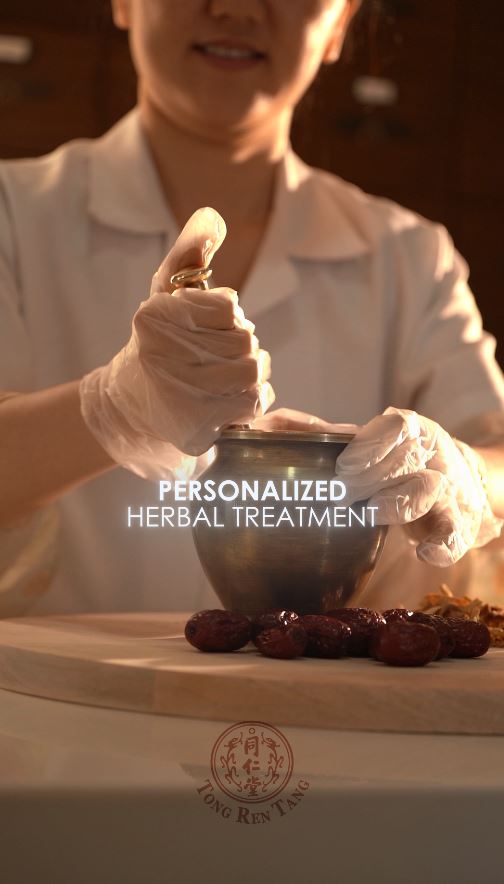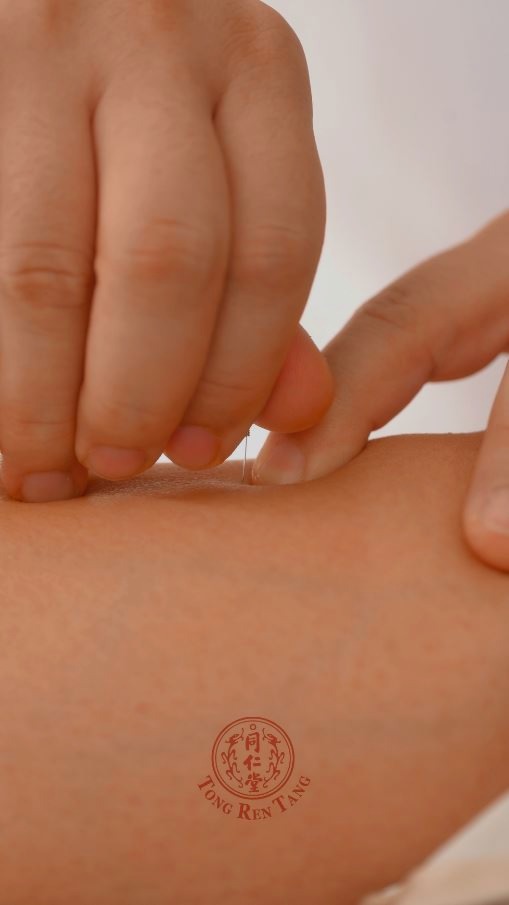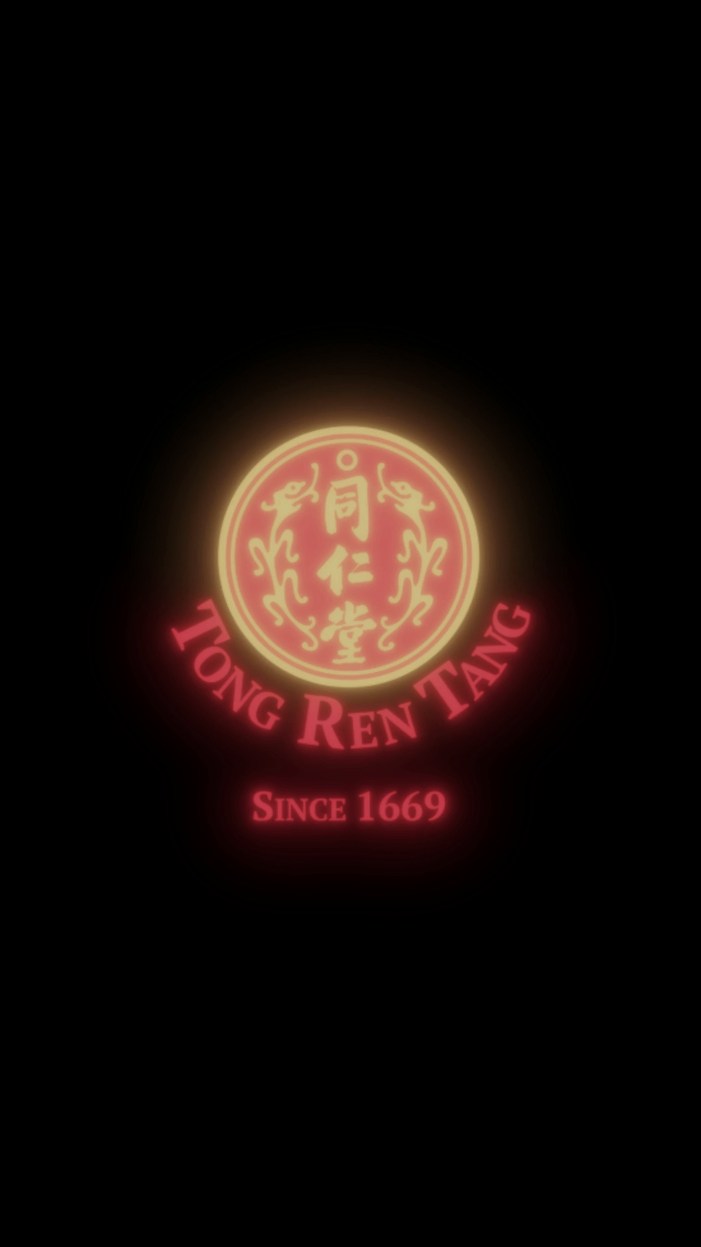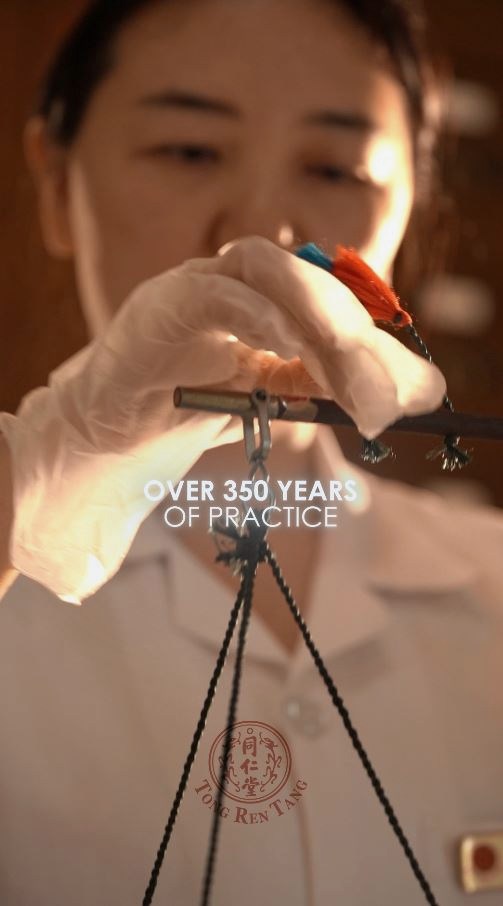# How to Treat Autoimmune Disorders With Acupuncture and Traditional Chinese Medicine
The Role of Acupuncture in Autoimmune Disorder Treatment
Acupuncture has been practiced for thousands of years as part of Traditional Chinese Medicine (TCM). It involves inserting thin needles into specific points on the body to stimulate energy flow, or “Qi”. This practice is believed to help restore balance and promote healing, making it a promising option for those suffering from autoimmune disorders. Research suggests that acupuncture can modulate the immune system, potentially reducing inflammation and alleviating symptoms. For instance, patients with rheumatoid arthritis have reported significant improvements in pain and joint function after undergoing acupuncture treatments. This alternative approach may also reduce the reliance on medications that often come with unwanted side effects. In addition to addressing physical symptoms, acupuncture can also help manage the emotional and psychological stress associated with autoimmune conditions. By promoting relaxation and mental clarity, patients may find relief from anxiety and depression, which are often exacerbated by chronic illnesses.

Traditional Chinese Medicine Approaches
Traditional Chinese Medicine offers a holistic view of health, emphasizing the importance of balance within the body. TCM practitioners assess each patient’s unique constitution and symptoms to develop a personalized treatment plan. Herbal remedies are commonly used alongside acupuncture to enhance the body’s natural healing processes. Herbal formulas may include ingredients that have anti-inflammatory properties or that nourish the immune system. For example, herbs like astragalus and reishi mushroom are often included in TCM treatments for their ability to support immune function. Understanding the right combination of herbs is crucial for effective treatment, as different autoimmune disorders may require tailored approaches. Dietary recommendations also play a vital role in TCM. Patients are often advised to follow an anti-inflammatory diet rich in whole foods, avoiding processed items that could trigger flare-ups. Incorporating foods that are warming and nourishing can enhance overall well-being and complement acupuncture therapies.
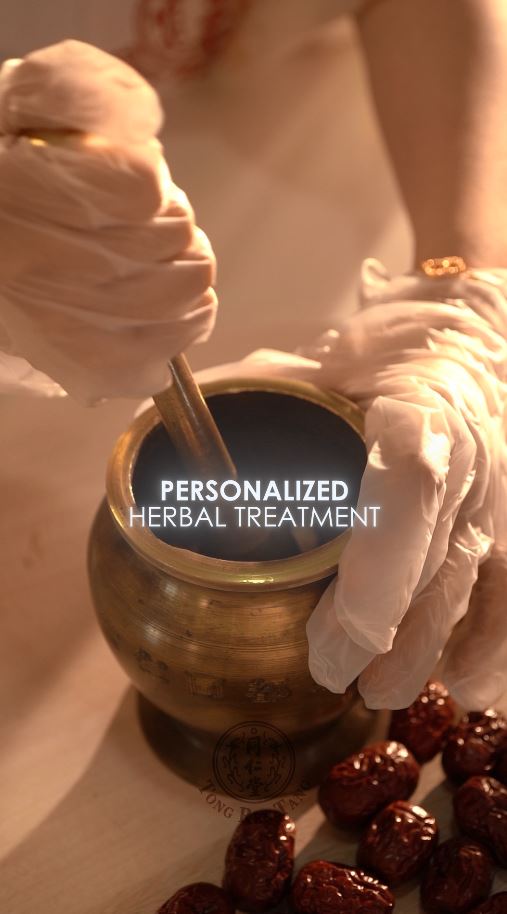
Integrating Acupuncture and Lifestyle Changes
Integrating acupuncture with lifestyle changes can significantly enhance treatment outcomes for autoimmune disorders. Regular exercise, adequate sleep, and stress management techniques are important components of a comprehensive approach. Mindfulness practices such as tai chi and qigong can also be beneficial, helping to improve flexibility and reduce stress levels. Additionally, maintaining a balanced diet and staying hydrated are essential for supporting the body’s healing processes. TCM emphasizes the importance of food as medicine, encouraging patients to consume nutrient-dense meals that promote vitality and wellness. This holistic approach addresses not only the physical symptoms but also the underlying factors contributing to autoimmune disorders. It’s essential to work closely with TCM practitioners who can provide guidance and support throughout your healing journey. By combining acupuncture with lifestyle modifications, patients may experience improved health and a greater sense of control over their condition.
Ready to Regain Your Health Naturally?
At Beijing Tong Ren Tang Clinic in Dubai, our licensed TCM practitioners specialize in personalized care that treats the root cause of vertigo. Book your consultation today and take your first step toward lasting balance and relief. Visit us: www.trtgulf.com or call us at 800826

